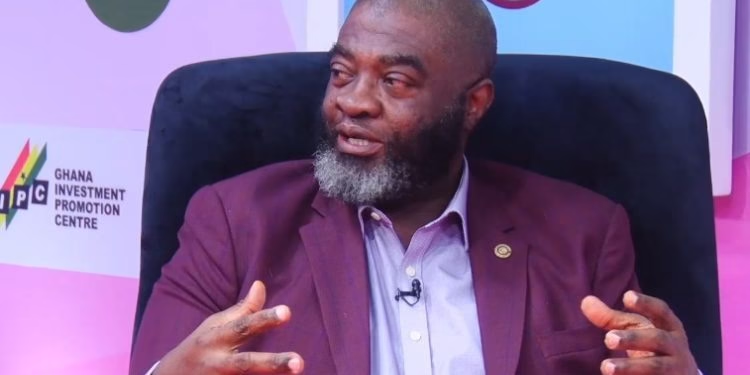How Ghana’s 24-Hour Economy Policy Can Transform Productivity and Economic Growth
Introduction: A Bold Vision for Ghana’s Economic Transformation
David Ofosu-Dorte, Senior Partner at AB & David Africa, has emphasized the potential of the Mahama administration’s 24-hour economy policy to address Ghana’s persistent productivity challenges. Speaking on the Citi Breakfast Show, Ofosu-Dorte outlined how this policy could catalyze economic growth if implemented strategically.
This article explores the key insights from his discussion, the potential benefits of a 24-hour economy, and the steps needed to ensure its success.
What is the 24-Hour Economy Policy?
The 24-hour economy policy is a strategic initiative aimed at encouraging businesses and public organizations to operate around the clock in three shifts of eight hours each. According to President Mahama, this policy is designed to:
- Boost production and productivity.
- Generate well-paying jobs.
- Transform Ghana into an import substitution and export-led economy.
By extending operational hours, the policy seeks to maximize resource utilization and address inefficiencies that have long plagued the Ghanaian economy.
Why Productivity is Key to Ghana’s Economic Growth
David Ofosu-Dorte highlighted that Ghana’s low productivity levels remain a significant barrier to economic progress. He explained that stimulating demand alone is not enough; it must be matched with increased supply and productivity.
“If you stimulate demand and match it with a 24-hour economy, you increase supply and productivity. That is what you do in a country with low productivity,” Ofosu-Dorte stated.
This approach aligns with global best practices, where extended operational hours have been used to enhance economic output in countries facing similar challenges.
Challenges to Implementing the 24-Hour Economy Policy
While the policy holds great promise, Ofosu-Dorte cautioned that its success depends on effective implementation. He noted that without a unified vision and collective effort, the initiative could falter.
Key challenges include:
- Ensuring all government appointees align with the policy’s objectives.
- Providing central direction to avoid fragmented efforts.
- Mobilizing public and private sector support to create a cohesive strategy.
Ofosu-Dorte warned that failure to address these issues could result in a “lonely walk to nowhere,” underscoring the need for inclusive leadership and stakeholder engagement.
How Ghana Can Successfully Implement the Policy
To ensure the 24-hour economy policy achieves its goals, the following steps are critical:
- Strategic Planning: Develop a clear roadmap with measurable targets and timelines.
- Stakeholder Engagement: Involve businesses, workers, and policymakers in the implementation process.
- Infrastructure Investment: Upgrade infrastructure to support round-the-clock operations, including energy, transportation, and digital connectivity.
- Incentives for Businesses: Offer tax breaks and other incentives to encourage businesses to adopt 24-hour operations.
For more insights on economic policies in Africa, visit African Development Bank Group.
The Potential Benefits of a 24-Hour Economy
If successfully implemented, the 24-hour economy policy could deliver significant benefits, including:
- Increased job creation, particularly for the youth.
- Enhanced competitiveness in regional and global markets.
- Reduced reliance on imports through increased local production.
- Improved standards of living through higher incomes and better services.
Call to Action: Join the Conversation on Ghana’s Economic Future
Ghana’s 24-hour economy policy represents a bold step toward addressing the country’s productivity challenges and unlocking its economic potential. However, its success depends on collective effort and strategic implementation.
What are your thoughts on this policy? Do you believe it can transform Ghana’s economy? Share your views in the comments below or join the discussion on social media using the hashtag #Ghana24HourEconomy.
For more information on economic development in Africa, explore World Bank Ghana and African Economic Outlook.



